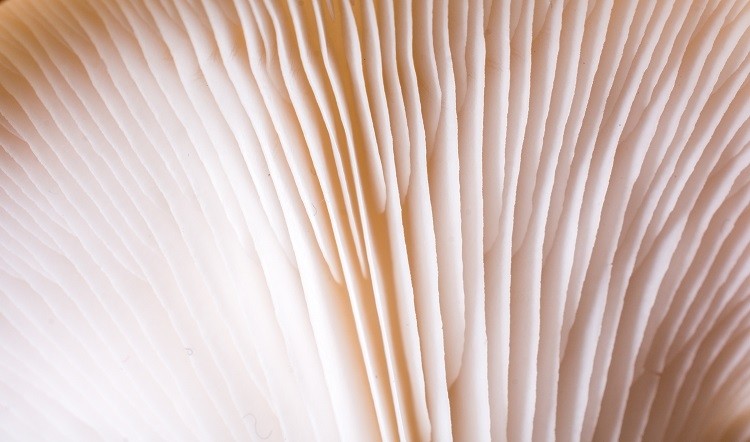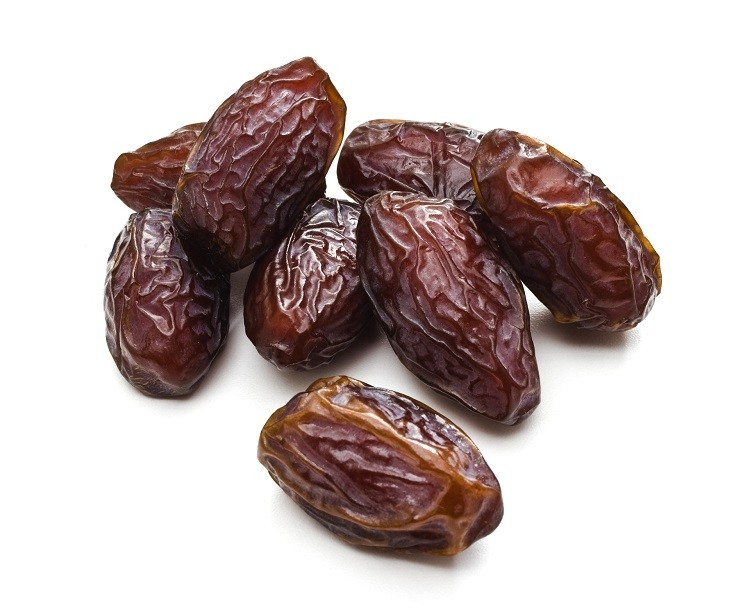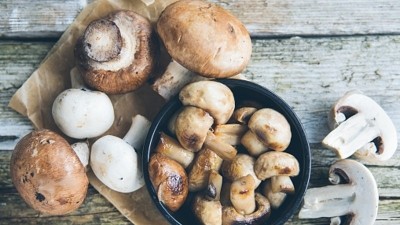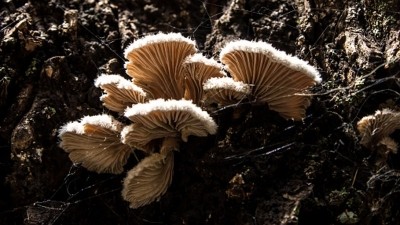‘Food oasis in the desert’: Locally grown dates fuel production of mushroom protein in Oman

Oman, located in the south-eastern quarter of the Arabian Peninsula, is made up of 82% desert. While the country is largely self-sufficient in vegetable production, food imports are on the rise.
Aside from seasonal fruits and grains, most of the food imported falls into the protein category: dairy products, poultry and meat. Indeed, it is estimated that close to 60% of all poultry consumed in Oman is imported.
The country is committed to achieving a ‘sustainable future’ by increasing local food production. At the same time, it has pledged to attract modern technologies to the country.
A new partnership between Oman Investment Authority (OIA) and alternative protein supplier MycoTechnology has been established to help the country meet both these aims.
“Our partnership with MycoTechnology will deliver substantial local benefits as we pioneer the proteins of tomorrow,” said Ibrahim Al Eisri, Director of Private Equity at OIA. “It will support our mission to enhance food security, diversify the Omani economy, and create well-paying jobs in an eco-friendly new sector.”
A new carbon source for mushrooms
US-based MycoTechnology makes ingredients using the fibrous root structure of mushrooms, known as mycelium. Its current ingredient portfolio includes a fermented plant-based protein coined FermentIQ and a range of bitter blocking and flavour modulating ingredients known as ClearIQ.
FermentIQ is a blend of pea and rice protein fermented with shiitake mushroom mycelia. It can be used in snacks, baked goods, and protein beverages, as well as in meat and dairy alternatives.
In Oman, MycoTechnology is going to apply a new ingredient to its proprietary fermentation platform: locally grown dates.
Oman is amongst the world’s top 10 producers of dates. While the country grows around 400,000 tonnes annually, more than half goes to waste or animal feed. Oman’s partnership with MycoTechnology will see a ‘significant’ portion of these excess dates be upcycled to provide a source of carbon in the production of alternative protein.
Innovation hub for food technology
OIA and MycoTechnology will collaborate on building a production facility in Oman to scale up and commercialise the new protein source. Construction is expected to start in the first half of 2024 on a 10-hectare site.
Commercial production is scheduled to begin by the second quarter of 2025, with 16,000 tonnes of dates to be processed each year.
Once operational, the partners intend for the new facility to evolve into the Middle East’s leading innovation hub for food technology.

MycoTechnology said it is excited to be cooperating with OIA to build this ‘highly innovative food oasis in the desert’. “It represents a breakthrough in the quest to bring food security to Oman and the wider region,” according to Alan Hahn, MycoTechnology CEO.
“This initiative will be transformative – and not just for the Middle East. We are foraging for the future, unlocking the ancient power of culinary mushrooms to feed the world’s growing population with a solution that’s been beneath our feet all along.”
For OIA, the partnership is a clear commitment to next-generation, local protein production. “This joint venture will be the foundation that enables Oman to foster a new generation of talent in the sphere of food technology, here and further afield,” said Al Eisri.
















